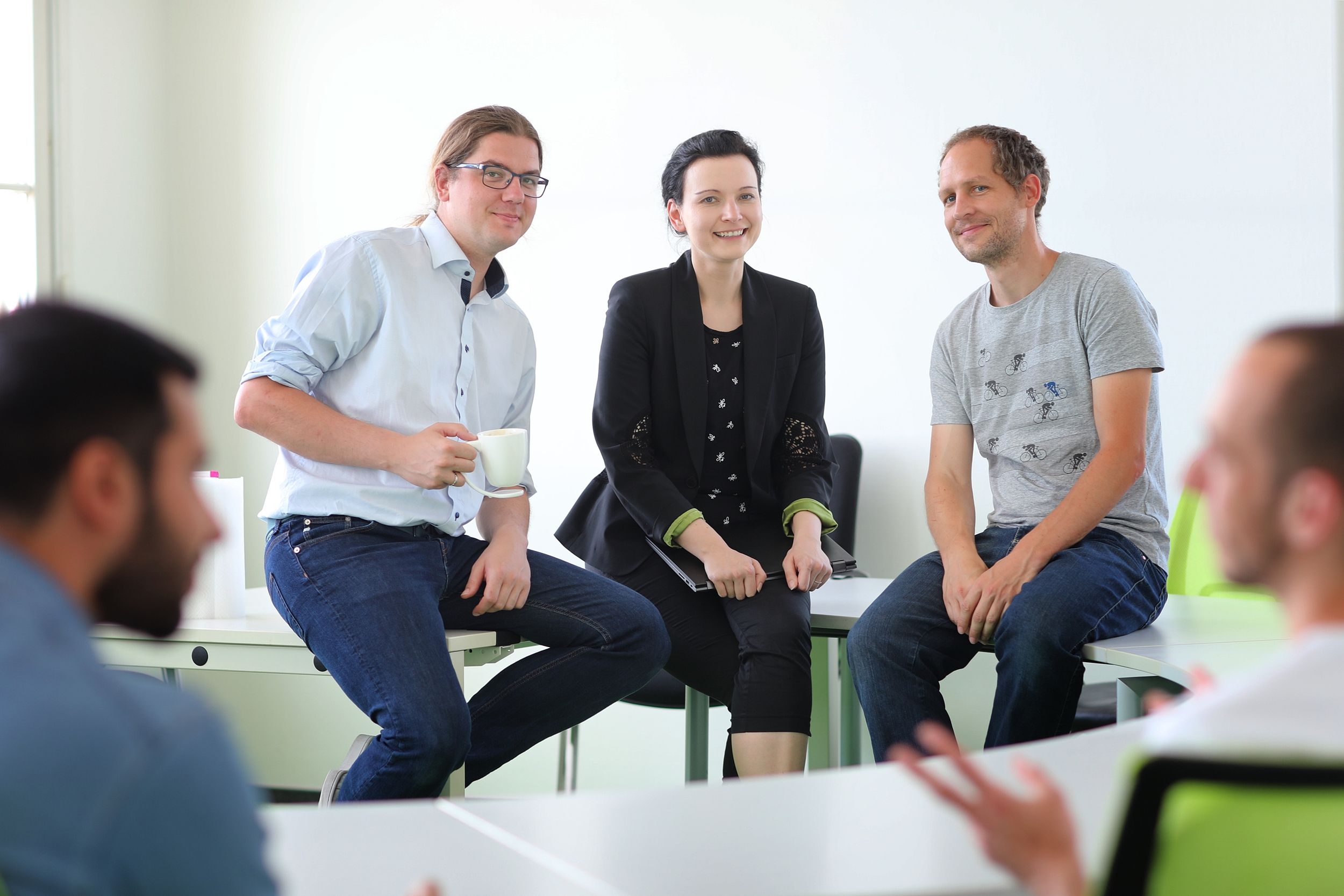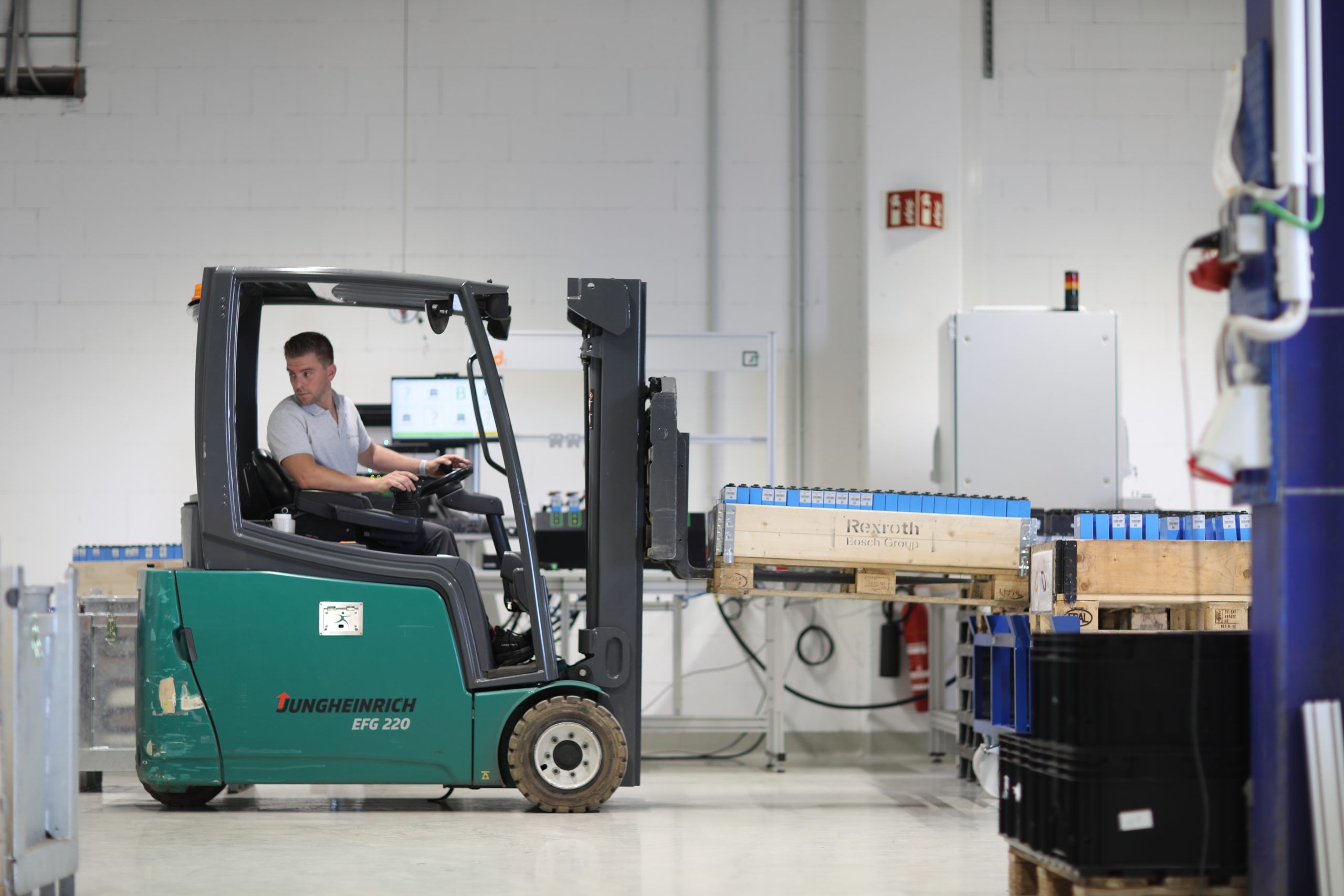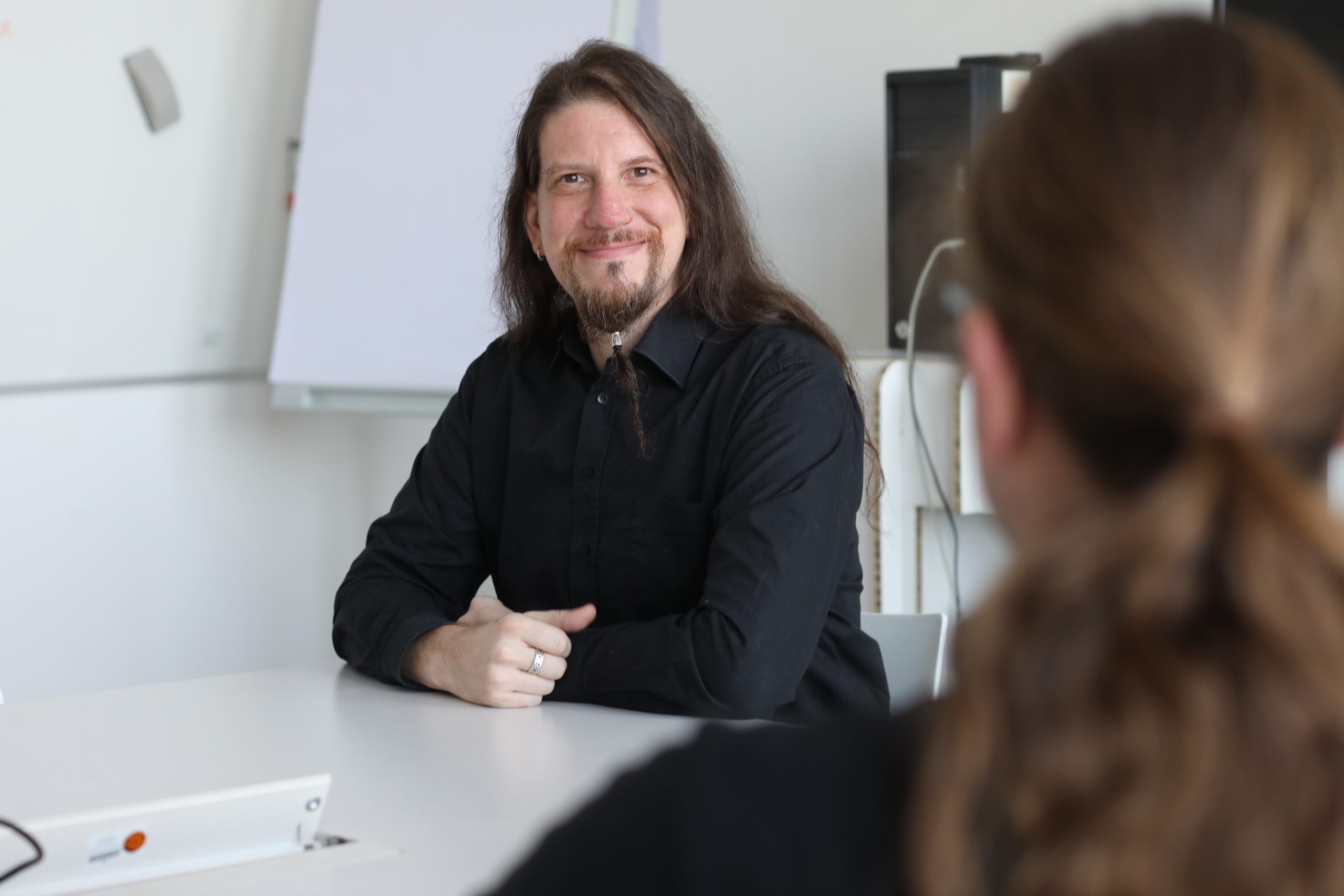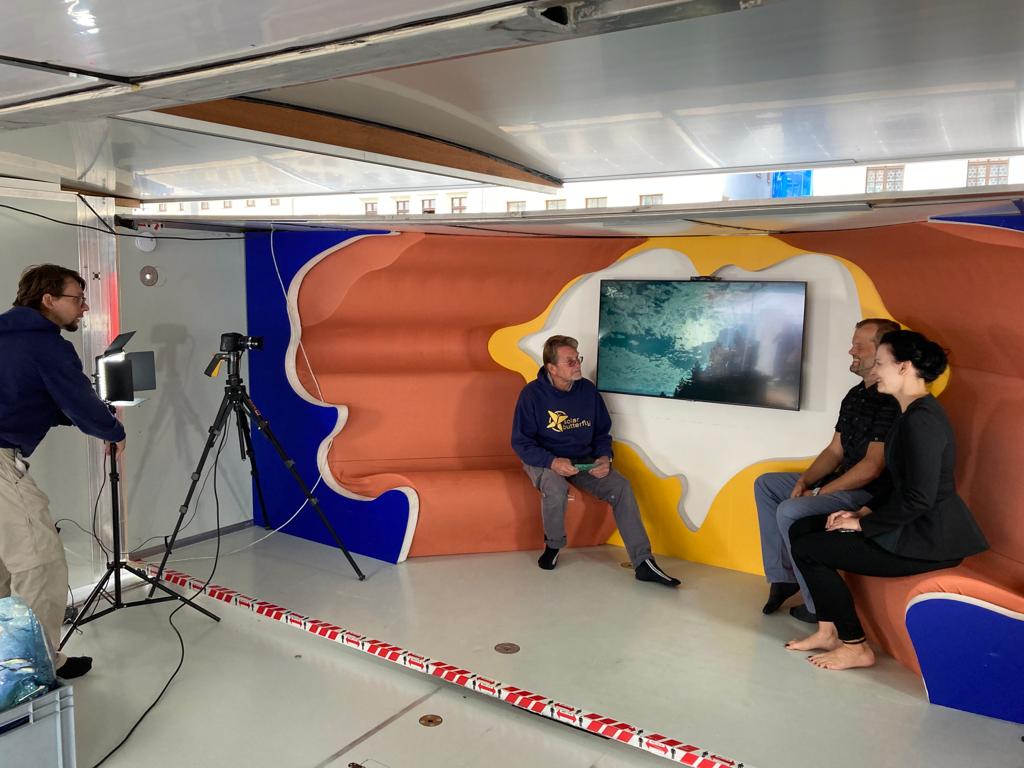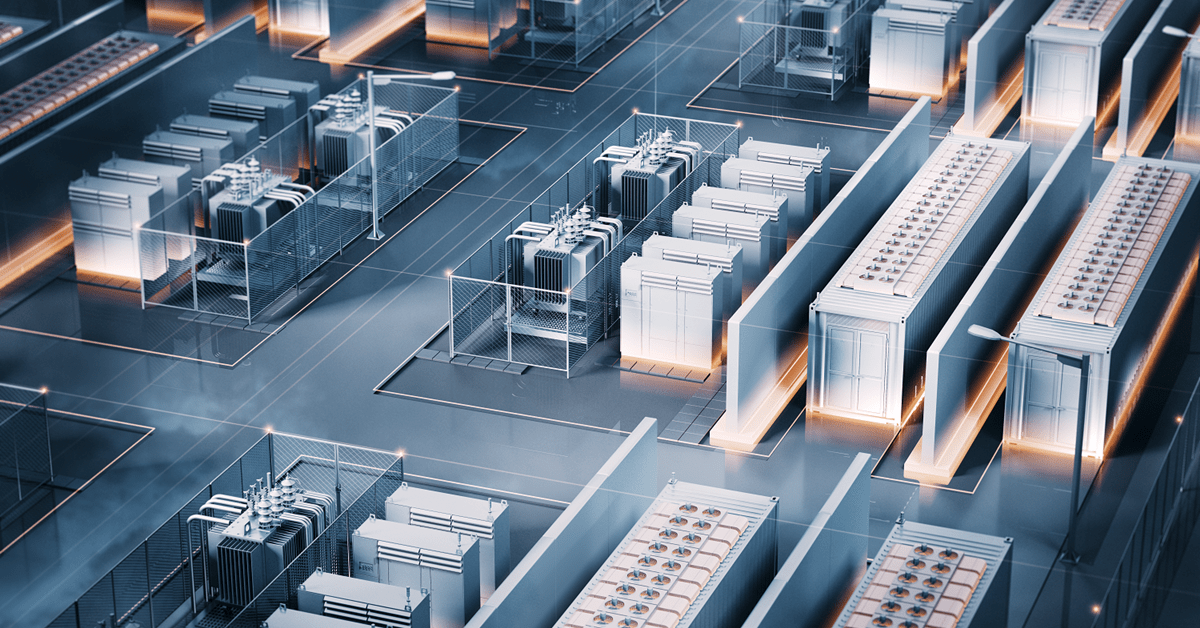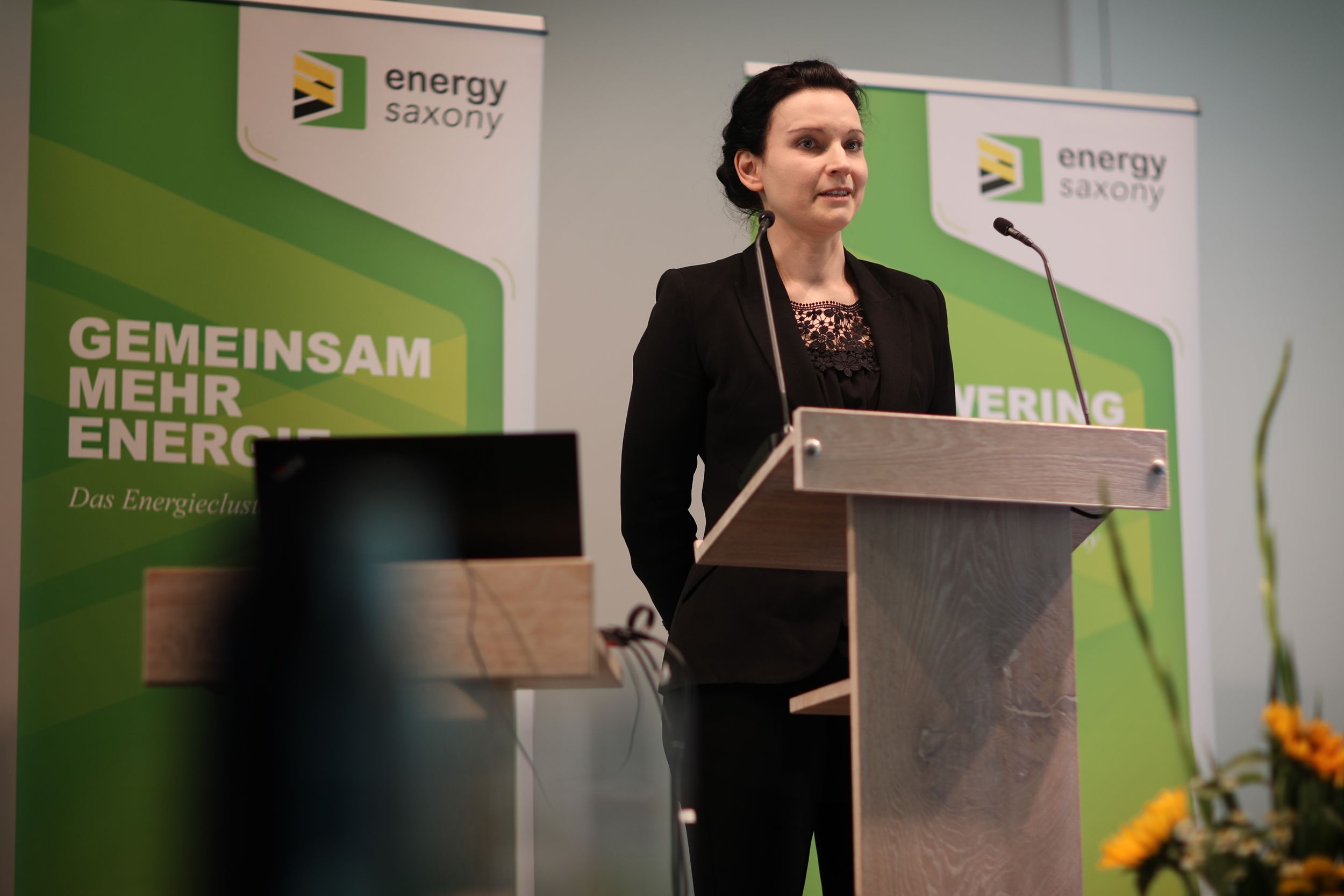RWE and NOVUM combine their competencies to sustainably increase the effiency of large-scale stationary battery storage systems.
The energy company RWE and the AI company NOVUM will cooperate in the future in the software-based optimization of the efficiency, reliability and sustainability of stationary battery storage systems. The goal of both partners is to further advance the expansion of storage technology and thus contribute to the success of the energy transition.
Large-scale battery storage systems are an essential component of the energy supply system and will continue to gain in importance in the future. They cushion peak loads, stabilize grid frequency or serve as intermediate storage for energy from renewable sources. In order to justify the currently still relatively high investment costs for large-scale battery storage systems, it is particularly important that they function reliably and can be used for as long as possible. NOVUM uses special software based on artificial intelligence to precisely determine the condition of battery storages and calculate their remaining useful life. This makes it possible to see how long individual battery modules will last and when they need to be replaced. Artificial intelligence can also be used to modify the operating strategy of the systems so that the storage units have a longer service life. “This not only generates more revenue, but also increases the sustainability of the systems,” explains Mandy Schipke, Managing Director of NOVUM.” “The collaboration with RWE offers us the opportunity to open up new business areas for the storage technology of the future together with one of the leading energy companies in Europe.“
RWE is currently driving forward battery storage projects in the USA, Germany and Ireland. The company plans to further expand its storage business, which is why the existing expertise in the economic operation of large battery systems is being systematically expanded with the help of innovative technologies. For example, RWE is working on innovative projects such as 2nd-life storage systems, i.e. the stationary use of decommissioned vehicle batteries. How long such 2nd-life storage systems can be operated and for which purposes their operation pays off depends crucially on the condition of the vehicle batteries and how they are operated. NOVUM’s AI can also help here.
“The energy transition in Germany can only succeed if security of supply is guaranteed at all times. This is why WE is planning to invest in the construction and operation of innovative battery systems over the next few years. We are constantly looking for solutions to further optimize our systems and improve their use. We are delighted to have found a partner in Novum who will support us in this endeavor,” says Götz Hanau, Head of Strategic Development at RWE Generation.

